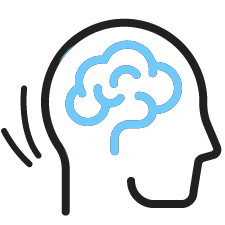Ambien is a sedative-hypnotic medication commonly prescribed for short-term use to treat insomnia. While it helps individuals fall asleep faster, it can also lead to dependency and withdrawal symptoms.
This article will delve into the process of Ambien detox, withdrawal symptoms, and available treatment options for those struggling with Ambien addiction. If you’re concerned about how long Ambien remains in your system or are experiencing side effects from the medication, continue reading for more information.













